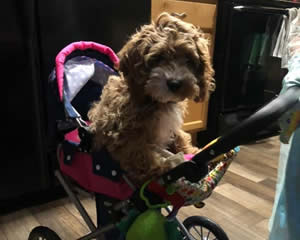

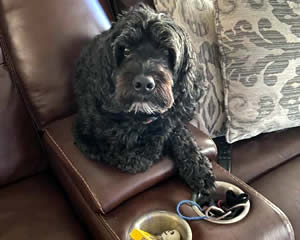
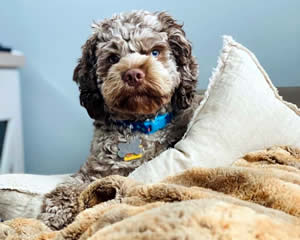
There is a critical period in a pups life, between 3 and 16 weeks of age, when it is easiest to introduce him to new experiences. It is important that during this time period that his experiences are positive. We do our part here by handling the puppies daily, exposing them to common household activities and sounds and introducing them to the great outdoors but it's important that the process be continued once they go home.
Socialization and puppy training are of utmost importance as puppyhood is the most important and critical time in your dog's development. What you do and do not do right now will affect your dog's behavior forever.
A properly socialized puppy is well adjusted and makes a good companion. It is neither frightened by nor aggressive towards anyone or anything it would normally meet in day to day living. An un-socialized dog is untrustworthy and an unwanted liability. They often become fear-biters. Often they like to fight with other dogs. They are difficult to train and are generally unpleasant to be around. Unsocialized dogs cannot adapt to new situations and a simple routine visit to the vet is a nightmare not only for the dog itself, but for everyone involved. Don't let this happen to you and your dog. Start socializing your new puppy NOW!
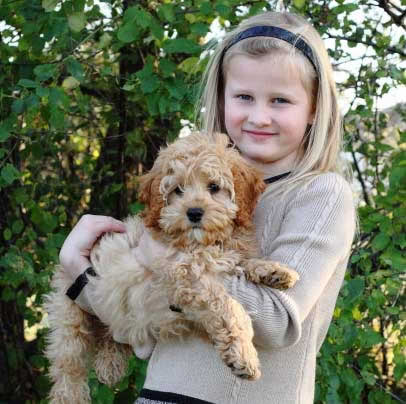

There is some risk of a puppy who has not been fully vaccinated being exposed to disease in this period but I personally think the benefits of socialization outweigh these risks.

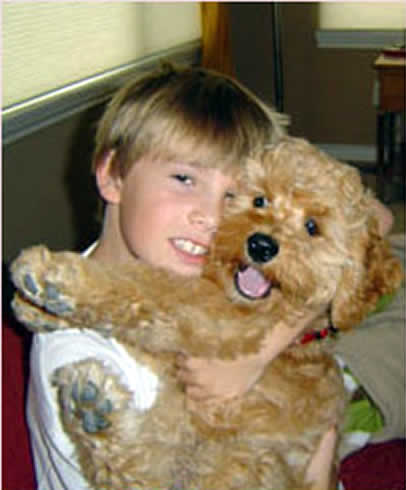
As pack animals and social beings, dogs need interaction with their owners, other people and other animals. The more you isolate the dog, and the less you interact with the dog, the more likely she will develop negative behaviors.
Companionship is vital to a dog's emotional well-being. Integrate the pup into your family from the start. Place your pup's crate or play pen in a room in which your family spends considerable time each day.
Raise a dog in an environment that doesn't allow him to be teased, tormented or attacked.
Part of interacting with a dog of any age involves consistently rewarding all desirable behaviors - thus increasing the likelihood the dog will repeat those behaviors - and to take steps to prevent the development of undesirable behavior.
The latter is usually accomplished by redirecting the dog's energy into a positive behavior for which you can reward her, and when she does something "bad", to ignore the undesired behavior. This is based on the principle that dogs typically engage in behaviors to get attention and/or obtain something they desire such as a treat, toy, special privilege or higher status.
And this is why pushing off a jumping dog usually will not stop the jumping behavior; even though pushing the dog away seems like a negative reaction, to the dog seeking attention, any interaction she achieves seems better than none. Therefore, it is far better to get your dog to "sit" before she tries to jump. That way, you can reward her with the attention she wants, while reinforcing only good behavior. It is important to think about why your dog is engaging in a particular behavior.
If you've taken the time to read all of the above by now you may be wondering if you really want a dog. It's not as complicated as it may seem when you do all of the reading but there is definitely work in the making of a good canine companion. Classes are very helpful. You'll have experts to give you advice and the socializtion is priceless.
LOCATION
HOURS
Mon-Sat: 8:00am-8:00pm
Sun: Closed
** Visitation by Appointment Only
Copyright © Homestead Cockapoos. All Rights Reserved.